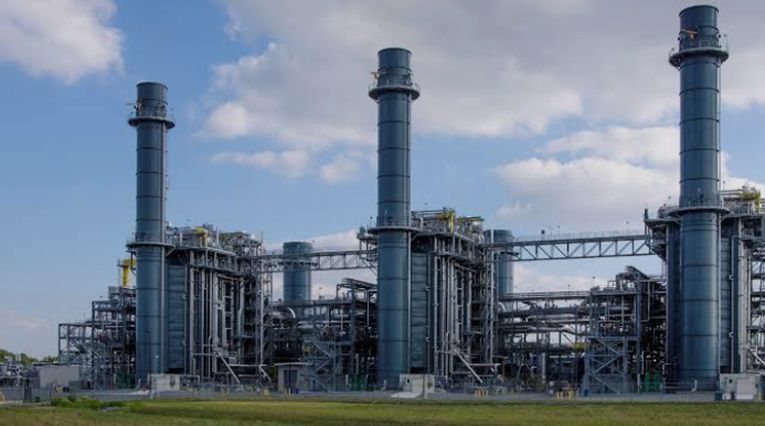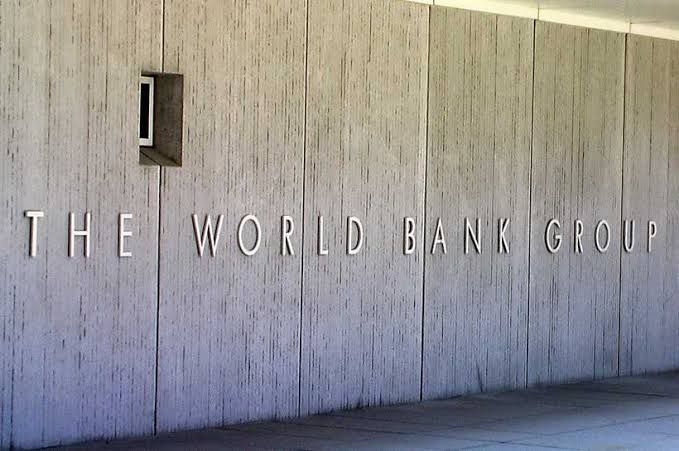The Nigerian economy experienced strongest growth in the last decade in the second quarter of 2025, with real quarterly GDP growth accelerating to 4.23%. 2013 and 2014 was the last time the country saw a peak performance with both year recording 6.31%, and 6.67% respectively.
However, this latest report marks a significant increase from the 3.13% growth recorded in the first quarter of the year. The National Bureau of Statistics (NBS) in its report on Monday noted that the non-oil sector was the primary driver of this economic expansion.
The non-oil sectors contributed a dominant 95.95% to the total GDP in Q2 2025, with their contribution valued at N95.95 trillion Naira. In stark contrast, the oil sector’s contribution was significantly smaller at 4.05%, valued at N4.05 trillion, despite a slight increase in oil production to 1.68 million barrels per day (mbpd).
NBS report showed that Services, Agriculture, and Industries are the largest contributors to the country’s real GDP in non-oil sectors. Services accounted for the largest share at 56.53%, followed by Agriculture at 26.17% and Industries at 17.31%. This trend underscores the economy’s ongoing diversification away from its traditional reliance on oil.
The finance minister, wale edun has often attributed growth in the non-oil sector to fiscal discipline, stating that “Our fiscal discipline and structural reforms are designed to build investor confidence and position Nigeria for sustainable, long-term growth driven by the private sector.”
NBS report noted that Nominal GDP reached N100.73 trillion and Real GDP at N51.20 trillion in the second quarter. The yearly GDP growth rate has shown a consistent positive trend since 2021, reaching 3.38% in 2024, building on a 3.04% growth in 2023.

For decades, Nigeria’s economy has been heavily reliant on oil. This over-reliance led to a “resource curse,” where other sectors, like manufacturing, were often neglected. The current data signals a significant shift, showing that the long-standing national discourse and government efforts to diversify the economy are beginning to bear fruit.
The overwhelming contribution of 95.95% from the non-oil sectors—primarily Services, Agriculture, and Industries—shows the success of economic diversification efforts. The Services sector, in particular, continues to be the largest single contributor, a trend seen in recent years.
Meanwhile, the recent GDP rebasing exercise, which updated the base year from 2010 to 2019, provided a much clearer picture of Africa largest oil producer’s economy structure. By integrating previously underrepresented sectors like digital services, creative industries (like Nollywood), and fintech, the rebasing revealed an economy that was already more diversified and services-oriented than previously thought.
Similarly, latest tax reforms have also played a crucial role. Recent tax acts have aimed to broaden the tax base and simplify compliance. For the industrial sector, for instance, there have been changes to corporate tax, including exemptions for smaller businesses and new tax classifications that tailor responsibilities to company size. Additionally, the prohibition of withholding tax for direct transactions with registered manufacturers is intended to ease liquidity pressures and improve cash flow.













